Militants kill 26 soldiers in Chad despite presence of Western troops
At least 26 Chadian soldiers have been killed by suspected, Daesh-linked Boko Haram terrorists in an armed assault on their patrol convoy in the general area of Lake Chad, an army spokesman says.
Fourteen other soldiers were injured during the encounter that eventually resulted in the army forces repulsing the assailants, said General Azem Bermandoa.
The impoverished Central African nation remains a key contributor to a multinational force in the area fighting the Boko Haram insurgency that broke out in northeast Nigeria in 2009 and amid increasing military interference in the resource-rich region by Western colonialist countries, particularly France and the US.
The Boko-Haram insurgency has so far killed more than 30,000 people and forced the displacement of nearly two million people.
The development came just days after suspected terrorists ambushed soldiers near Niger’s border with Burkina Faso, killing 15 of them and wounding seven others.
The attack took place in the Torodi area of the Tillaberi region that lies along the common border, also bordering neighboring Mali, according to Niger’s defense ministry. The area has been the target of frequent armed attacks by militants in the region.
The attacks come while the region, where the countries’ borders come together, has been placed under the surveillance of a hundreds-strong task force.
Last month, a report by a UK-based investigative group confirmed that an airstrike by French forces in Mali early this year killed 19 civilians.
The report, released by London-based international law firm Stoke White Investigations on July 26, concluded that French drones bombed a wedding ceremony in a village in central Mali on January 3.
The report contradicted France’s claim that its forces had attacked an armed “terrorist group” affiliated with al-Qaeda in Bounti village in Mali as part of a military intervention code-named Operation Barkhane in West Africa’s Sahel region.
The report underlined that “France has a systematic problem in admitting and identifying casualties and/or injuries as a result of its military actions.”
In July, French President Emmanuel Macron declared that his country would soon withdraw more than 2,000 troops from West Africa’s Sahel region and would begin the process of shutting its bases in northern Mali later this year.
Macron, however, insisted that France would maintain its military presence in Africa, claiming that it would focus on “neutralizing” what he referred to as “extremist operations and strengthening and training local armies.”
In 2013, France, a former colonizer of Africa, deployed thousands of soldiers to presumably prevent separatist forces from reaching Mali’s capital, Bamako.
The French Barkhane force -- operating in Mali, Chad, Niger, Burkina Faso, and Mauritania -- currently has more than 5,100 troops in the region in purported efforts to counter militants it claims are linked to the al-Qaeda and Daesh militants.
The military intervention, however, has come at a cost. Five French soldiers were killed in Mali in recent months and Malian citizens have protested France’s military presence in the streets as well as on social media platforms.
The US also maintains a substantial military presence across Africa. In its latest military operation in Africa, the Pentagon announced on July 20 that its had conducted another airstrike against suspected al-Shabab militants in Somalia after the former Trump administration withdrew American troops from the country last December.
The latest bombing in Somalia came despite limits put in place by the current US President Joe Biden on attacks outside active war zones.
After the bombing, Pentagon spokeswoman Cindi King claimed that the US military command for Africa (AFRICOM) had conducted a drone strike in coordination with the Somali government "in the vicinity of Galkayo, Somalia."
Human rights groups have long called for an end to the US drone strikes that Washington claims are conducted against terrorists.
In June, more than 100 organizations in the US and around the world urged President Joe Biden to put an end to "the unlawful program of lethal strikes outside any recognized battlefield."
Diplomat discourages recourse to pressure, intimidation, confrontation against Iran
UN: 2024 deadliest year for aid workers amid genocide in Gaza
Gaza health official warns of hospital shutdowns within 48 hours
Israel kills 5 more paramedics in southern Lebanon: Health ministry
Iran to launch ‘new, advanced’ centrifuges in response to IAEA resolution: AEOI
Yemen fires hypersonic missile at Israeli airbase
VIDEO | New Delhi chokes under toxic smog as air quality remains at hazardous levels
VIDEO | Press TV's news headlines


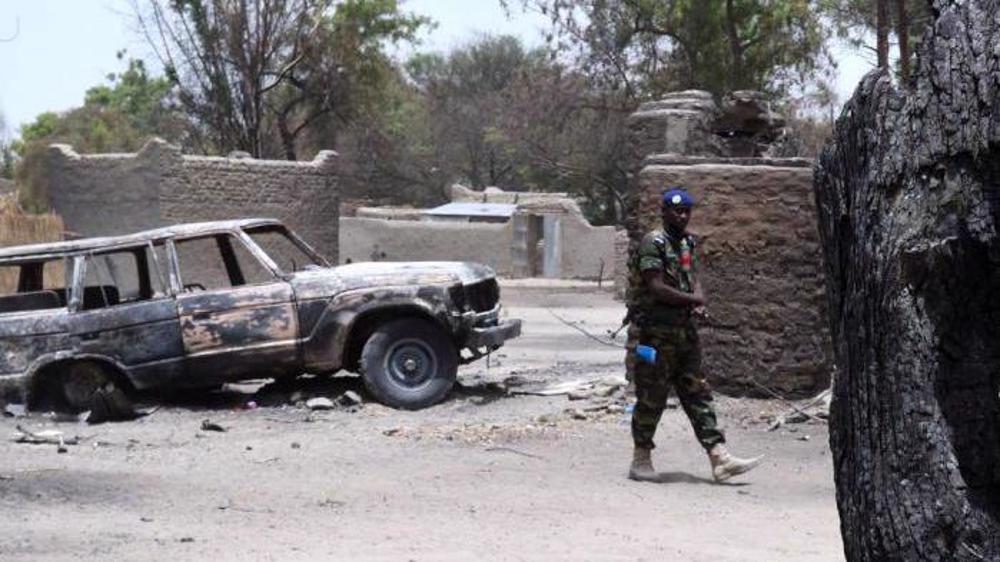
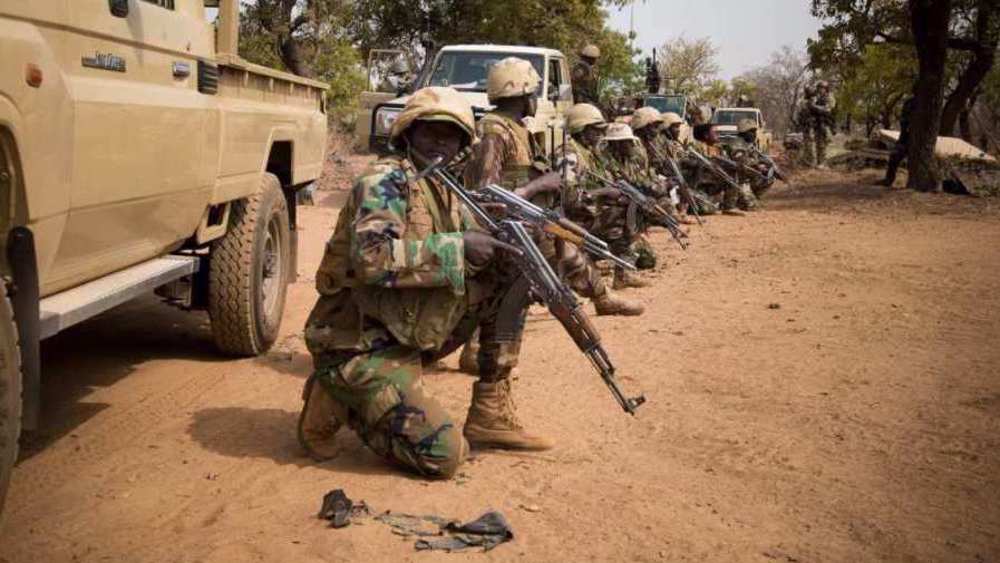
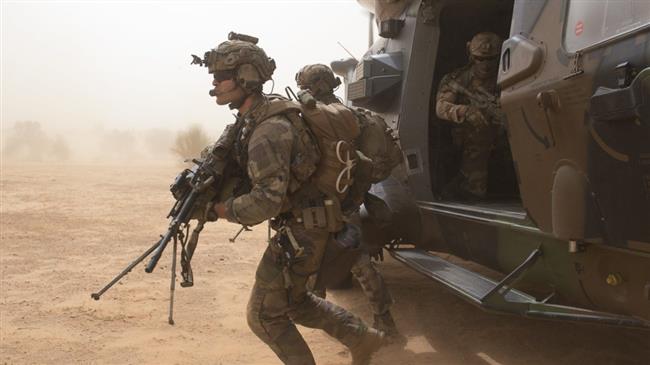
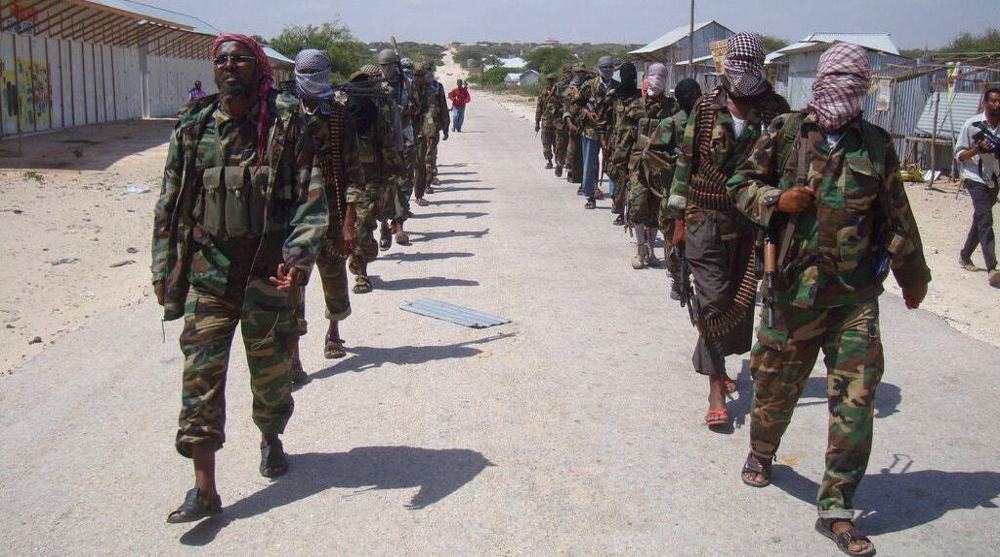


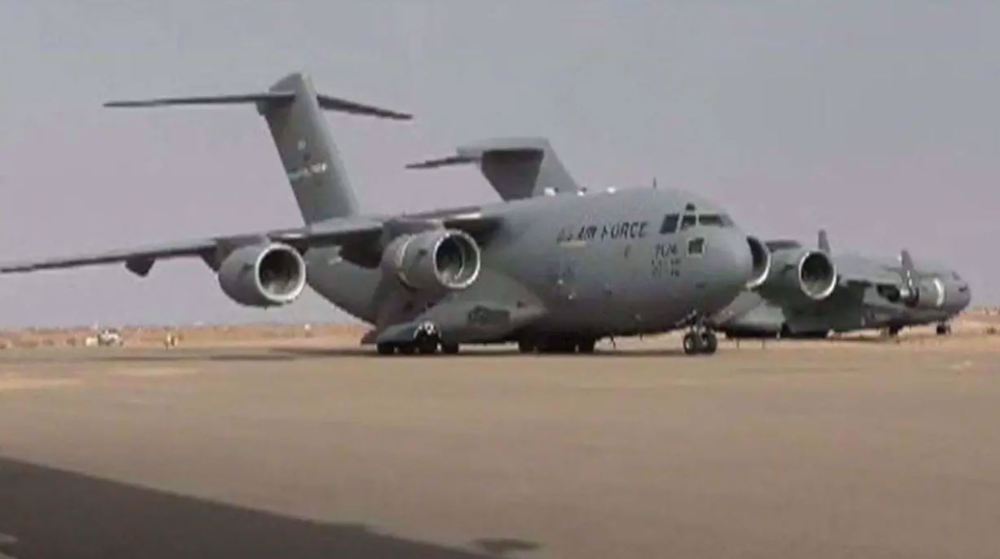




 This makes it easy to access the Press TV website
This makes it easy to access the Press TV website